92 Hospitals, 28 Days: Fearless Woman Exposes Horrors of Rajasthan’s Labour Rooms
The month-long sting operation brought to light some spine-chilling tales.
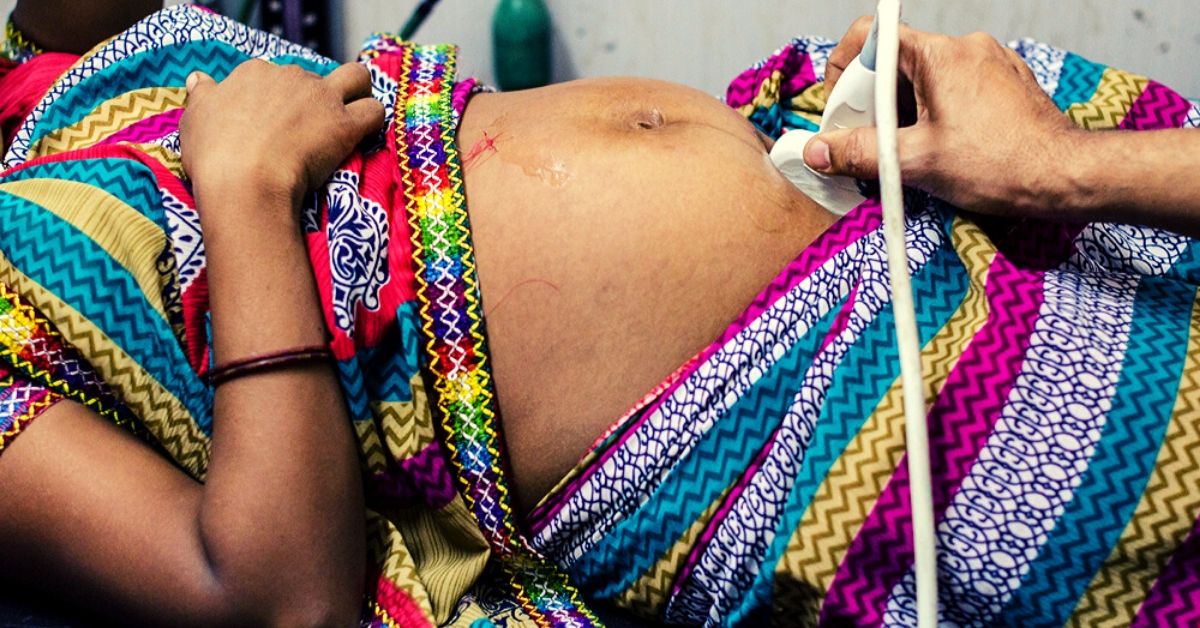
Doctor ki kya zarurat hai? Main toh experience se doctor hoon. Paisa bhi achha milta hai. Mene toh hazaron bachcho ki delivery ki hai (Why do you need a doctor? I am a doctor by experience. I get good money too. I have delivered thousands of babies)
— boasted a drunk ward boy who was carrying the equipment needed to conduct a delivery. While speaking, his hands shook, screaming his inebriated state.
The worst part? The words were true.
“This was in Banswara, Rajasthan. I have these words on record. He boasted about delivering thousands of babies in the past. In most of the hospitals, doctors or nurses did not perform tasks like changing glucose drips or conducting deliveries. Instead, Class IV workers like ward boys, sweepers, male peons and compounders were conducting deliveries,” says social activist Tara Ahluwalia based in Bhilwara, Rajasthan.
She unearthed this pathetic state of affairs in hospitals across the state during a series of sting operations she conducted in 2019.
A piece of news about a botched delivery acted as the catalyst propelling Tara to find out what exactly was happening in the government hospitals across Rajasthan.
The team of four—Tara, Dainik Bhaskar’s Special Features Correspondent, Anand Chaudhary, photographer, Anurag Bhasida, and a teammate who requested anonymity—embarked on a mission to uncover the horrifying truth behind the labour rooms in the state.
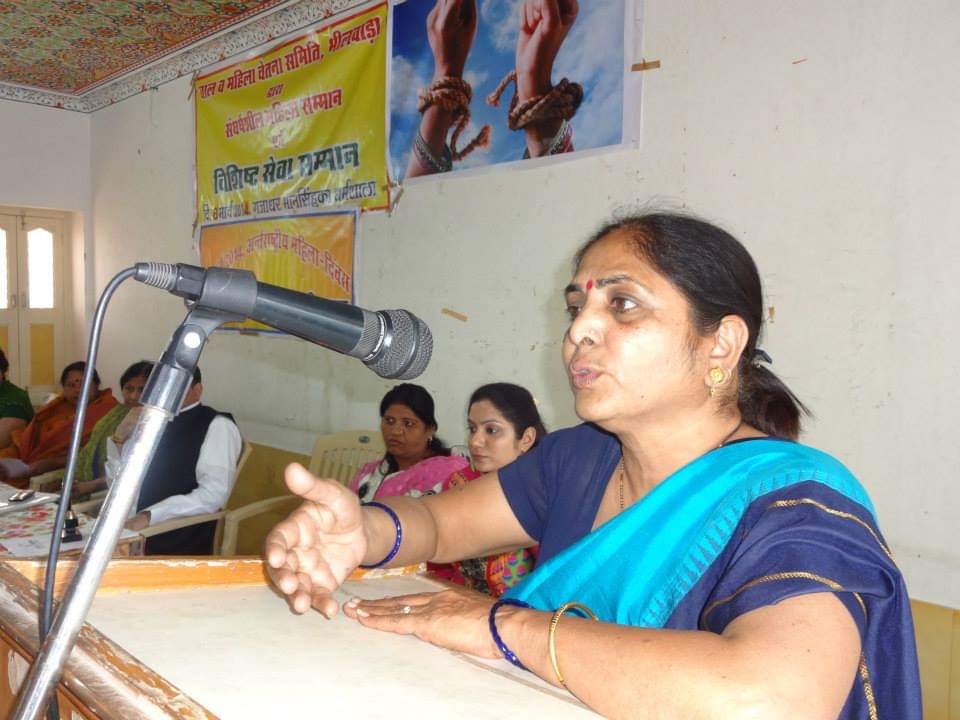
And what they found out haunts them still.
The Horrifying Truths of the Labour Rooms
(Caution: The following incident may be disturbing to some. Reader discretion is strongly advised)
24-year-old Deeksha Kanwar went into labour in January 2019. Her family took her to the Community Health Centre (CHC) in Ramgarh, Jaisalmer.
But they could not have expected the horrors that awaited them.
Tara tells The Better India (TBI) what happened that night:
Instead of the doctor, Deeksha’s delivery was performed by two untrained male staffers. She went into labour two months before her due date. And it was a breech delivery. A breech delivery is a case when the baby’s feet, knees, or buttocks appear first. The male staff pulled the baby hard with such brutal force that it severed the infant in two parts. The body up to the chest came out and the head remained stuck in the uterus.
And instead of letting the parents know what had happened, the male staffers hid the body of the baby. As Deeksha started bleeding profusely, they told her family to transfer her to a secondary healthcare centre in Jodhpur which is six hours away.
“The road from Jaisalmer to Jodhpur is a sandy one, where the patient was at a high risk of infection,” continues Tara. “When Deeksha arrived at the Jodhpur hospital and underwent a scan, the doctors were horrified. They managed to figure out that the head was still inside the mother’s womb.”
According to an Indian Express report, her family filed a police complaint, which led to a case being filed under IPC sections 304 A (causing death by negligence) and 336 (act endangering life or personal safety) against the two Ramgarh hospital staffers.
“After Deeksha’s case came out, I did not sleep for days. After the case came to light, the many rural women I had been working with opened up about the abuse they had faced in these government hospitals and Primary Healthcare Centres (PHC). While some complained of being hit, others spoke about botched sterilisations where despite undergoing tubal ligation, they still got pregnant. That was my trigger point,” says Tara.
So started an investigation that caused a media frenzy with thousands of people screaming for justice for these women. It also forced the state government to launch an enquiry into the poor state of maternal health care in Rajasthan’s government hospitals.
The Investigation and Sting Operations
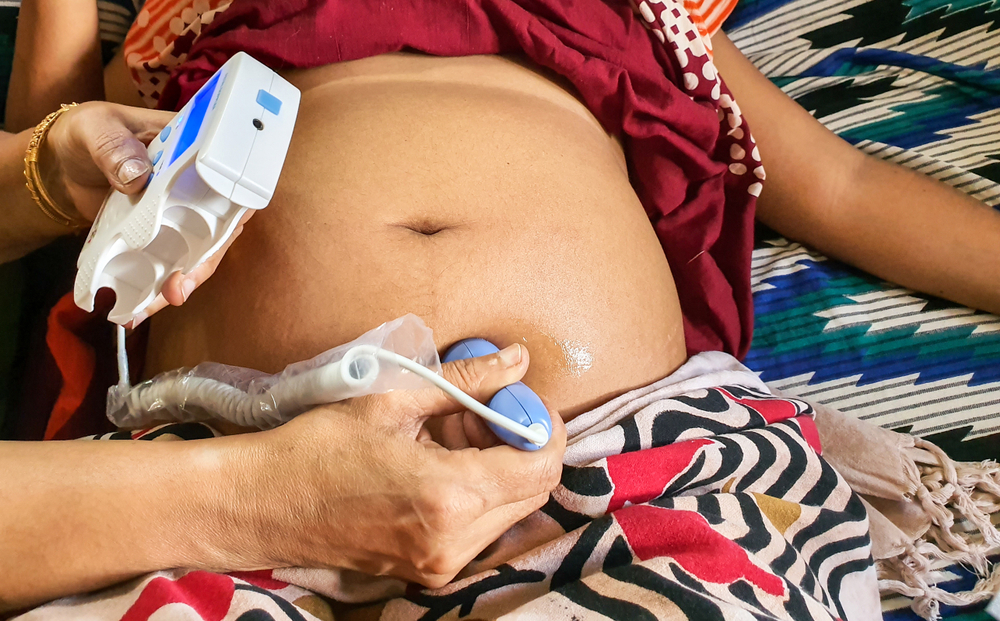
With a target to cover 92 government hospitals in 13 districts within 28 days, the team of four meticulously planned their course of action.
The team focussed on the following parameters:
-To check if the staff in charge of deliveries and post-natal care was trained/qualified.
-To check how they behaved with the new mothers.
-The state of hygiene in the labour room and the practices followed at the time of delivery.
The month-long sting operation brought to light some spine-chilling tales. Tara spoke of how the women were taken into the labour room alone, with no family, female relatives or even their spouses allowed to enter.
“In places where I entered under the guise of being a helper, I recorded the appalling behaviour of the staff. When the woman in labour cried in agony, the nurses and class IV workers would slap them, muffle their voices and hurl the worst abuses you can imagine.”
Speaking to TBI, Anand Chaudhary who was part of the sting operation, adds how the team faced several challenges in setting up spy cams in these labour rooms.
“We recorded 10-12 hours of footage on our spy cams that reveal the physical assault and verbal abuse. Mistreatment and abuse in labour rooms are very common in these remote tribal belts and PHCs. The sad state of affairs is that abuse against women is so generalised that no one bats an eyelash when they ask for help.”
When asked why women don’t complain about the abuse, Tara says, “They fear for their own lives and that of their children. It takes them quite a lot of time to get over the trauma they face. Many of the compounders who handle the deliveries have even sexually abused these women and later threatened them. Lakhs and crores are being spent on maternal healthcare in government hospitals, yet hundreds of women suffer in silence behind the shut doors of the labour room.”
Lack of Hygiene and Rampant Bribery
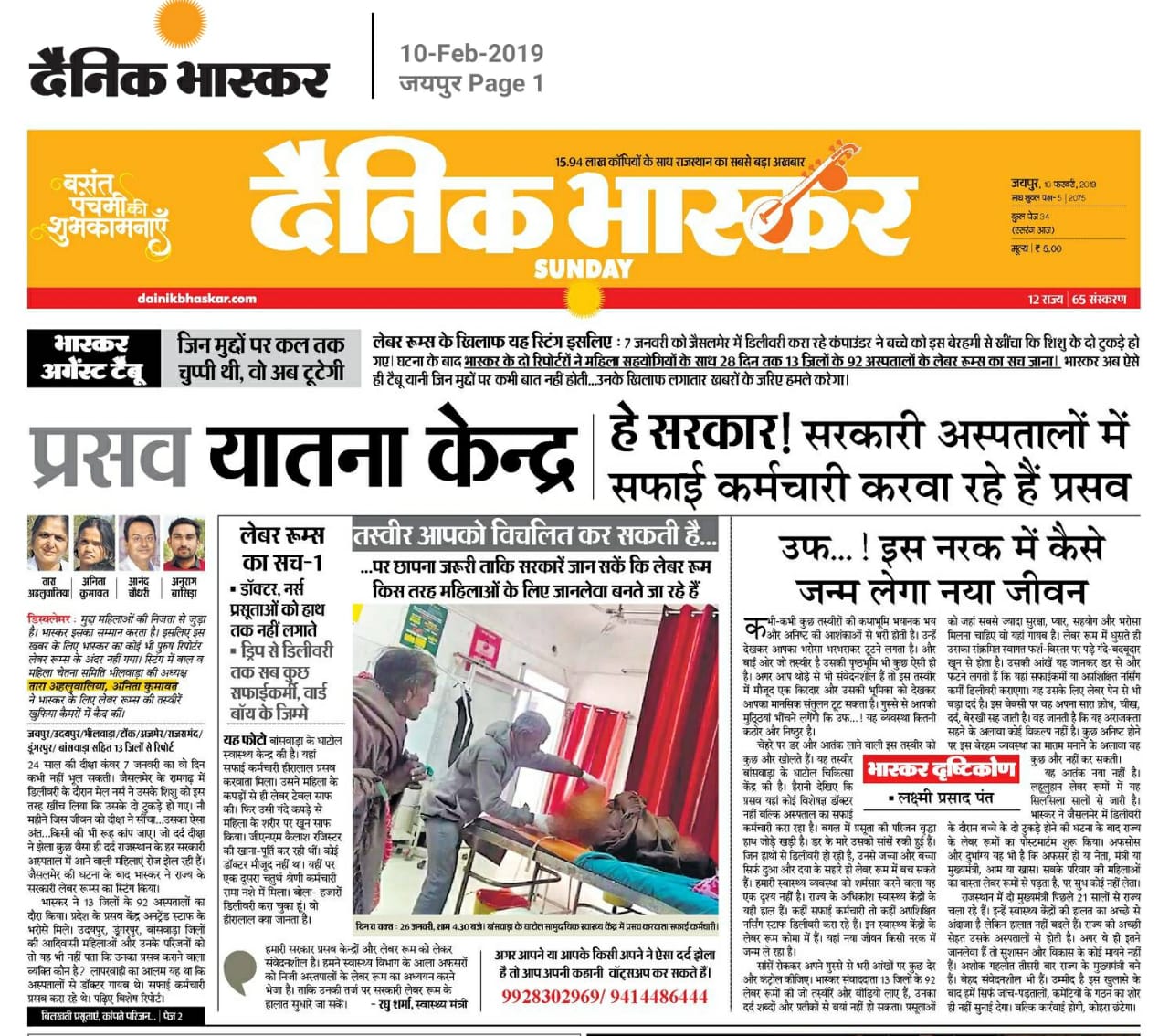
“The state of hygiene was nauseating. A woman in labour and a newborn child need to be kept in a highly sanitised room, but that was far from what we found. In many of these hospitals the cots/beds looked like they hadn’t seen any form of cleaning or sanitisation in years. The biomedical waste, blood and dirt from the previous delivery was not cleaned until the next woman was rushed to the labour room. The staff used the patient’s clothes to clean the blood off the cot that she lay on. The labour rooms were infested with rats. Imagine a newborn baby in a labour room at the risk of being bitten by these rats!” exclaims Tara.
Highlighting the postpartum issues that many of these women deal with due to the mistreatment, Tara adds, “The amount of pressure placed on the pregnant stomach is brutal to the extent that many of these women also suffer uterine prolapse, a condition where the pelvic floor muscles and ligaments stretch and weaken and the uterus slips down into or protrudes out of the vagina. Women fail to take the required treatment and push it back in with their bare hands, which increases the risk of further infection.”
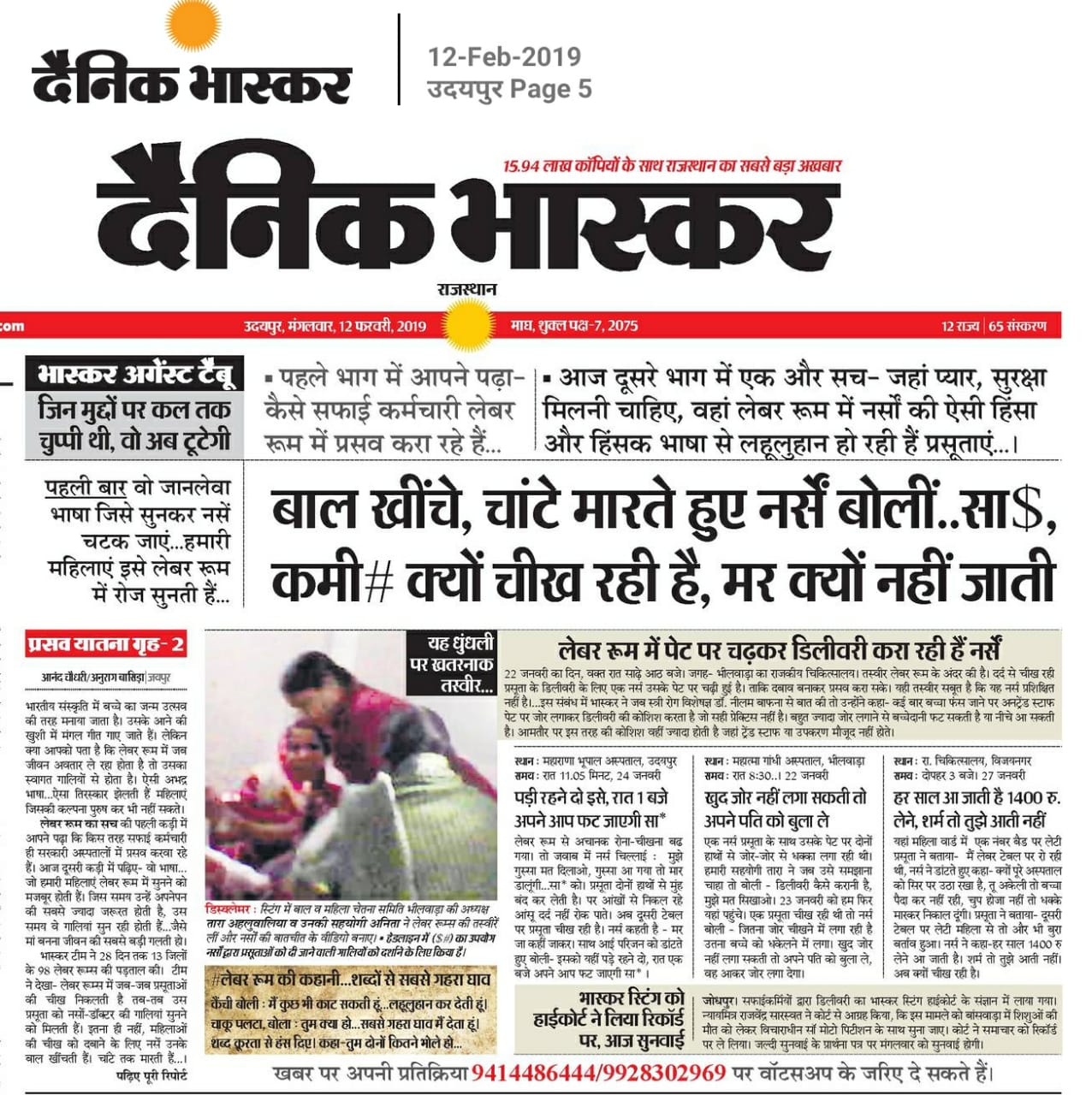
Tara further adds how the corruption in the labour room is at an all-time high. If the woman requires two injections, the staff will order four. While only two are administered, the other two make it back to the hospital’s medical inventory.
In Banswara, where the team pretended to be relatives of a patient, they alleged that the female security guard outside the labour room demanded them to visit the gynaecologist’s home and bribe him to ensure that delivery was done properly. She demanded a commission for herself too.
“The extent of corruption was sickening. And so when we ran the footage and story as a front-page news series for a week, the reaction from across the state was tremendous. We received over one lakh calls and messages from enraged people demanding for perpetrators to be put behind bars and justice for these women. The response from the state-level policymakers was quick after we presented the evidence,” adds Anand.
After the Release of the Sting
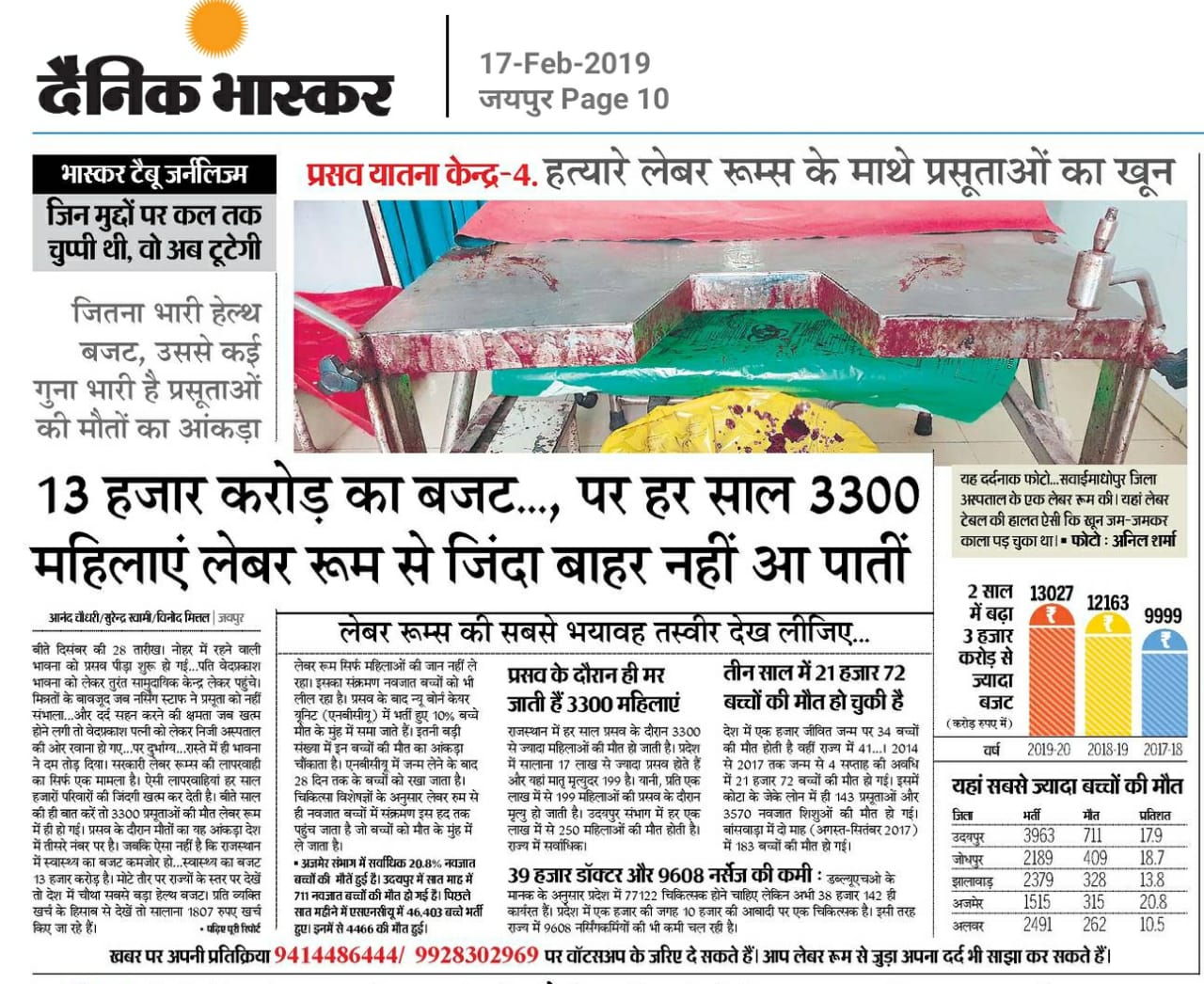
When the news ran on the front page of Dainik Bhaskar, the then National Health Mission Director, IAS officer Dr Samit Sharma, immediately got in touch with Tara and Anand. Sharma is the pioneer of the generic medicine project that made affordable health care, medicine and surgical items accessible to millions of poor people in Rajasthan.
“There were state-wide meetings with top authorities and the matter was discussed in detail. When we presented all of our data, photographs and sting operation videos, Sharma immediately ran a large scale investigation. Many of these officers conducted surprise visits to the hospitals to check the state of affairs and service in the hospitals. While many doctors and nurses were fired, cases were filed against class IV workers found guilty. Similarly, several transfers took place,” says Tara.
The administration also formulated and enforced the initiative—Prasav Sakhi (Your friend during childbirth) which it made mandatory not to isolate a pregnant woman.
“To help her feel safe, she is allowed to call a family member of her choice inside the labour room. This is also helping curb corruption because if the staff orders medical supplies, the person in the room can keep a track if the ones that are ordered are administered,” shares Tara.
Anand backs this up, “After the story came out, more than 3,000 women got in touch with us to narrate the tales of labour room horrors. The state administration, especially Samit Sharma was instrumental in bringing about a major change. Within four months, the situation of the labour rooms changed with hygiene standards improving. Strengthening labour room laws and guidelines, surprise investigations and system of feedback.”
Did they face any abuse or were they at the risk of their cover being blown?
“We put our own lives on the line. One doctor got highly suspicious and sent guards to monitor our every move. If we were caught on that sting, we would have been assaulted.”
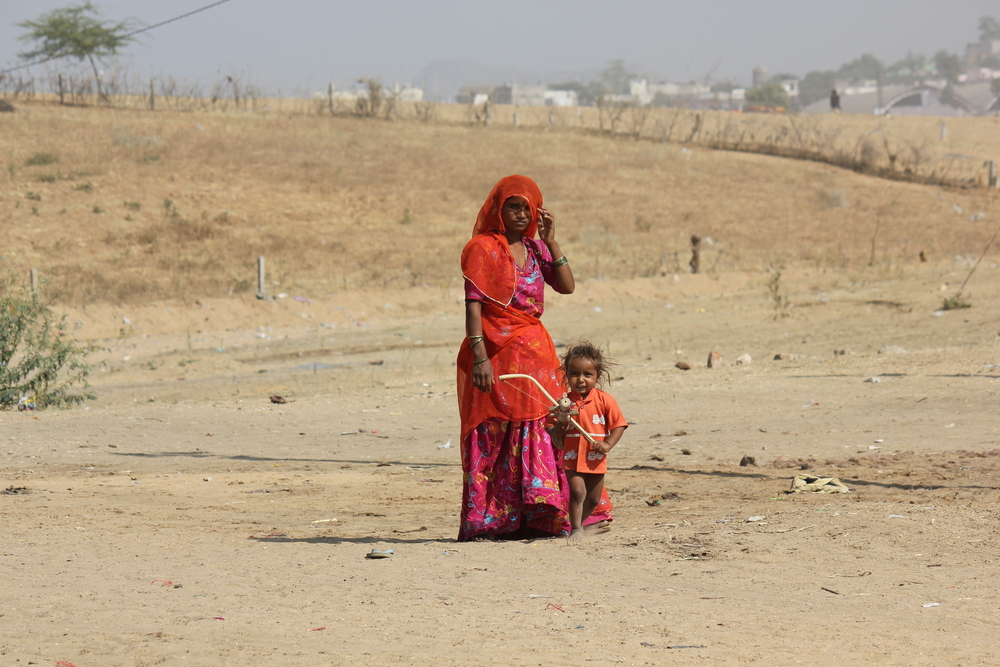
Talking about the repercussions of their work, Tara says, “Several nurses in Bhilwara went on a strike and raised slogans against me. They tried to claim that we made this up. But the administration supported me because they had evidence against them. It was exhausting dealing with the hostility. But I regret nothing.”
The fearless activist stands by her convictions. “These healthcare facilities are set up spending crores for our women, and if they fail to make us feel safe, then how things work needs to change. We have to impact change and break down the silence. I have never backed down from unveiling the truth in the past, and I will not back down. No matter what.”
Also Read: Education to Health: 10 IAS Officers Whose Amazing Initiatives Made 2019 Better
(Edited by Saiqua Sultan)
Like this story? Or have something to share?
Write to us: [email protected]
Connect with us on Facebook and Twitter.
If you found our stories insightful, informative, or even just enjoyable, we invite you to consider making a voluntary payment to support the work we do at The Better India. Your contribution helps us continue producing quality content that educates, inspires, and drives positive change.
Choose one of the payment options below for your contribution-
By paying for the stories you value, you directly contribute to sustaining our efforts focused on making a difference in the world. Together, let’s ensure that impactful stories continue to be told and shared, enriching lives and communities alike.
Thank you for your support. Here are some frequently asked questions you might find helpful to know why you are contributing?


This story made me
- 97
- 121
- 89
- 167











